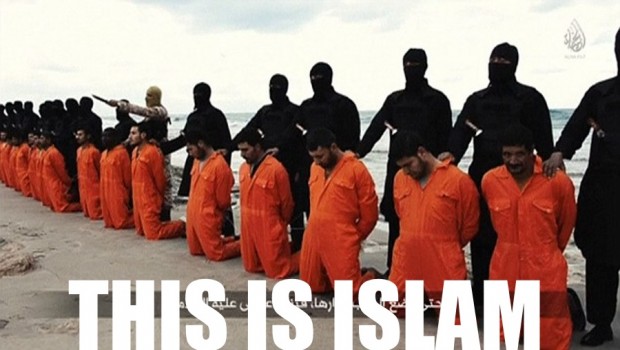Sharia or sharia law is the basic Islamic religious law derived from the religious precepts of Islam, particularly the Quran and the opinions and life example of Muhammad (Hadith and Sunnah) which are the primary sources of sharia. For topics and issues not directly addressed in these primary sources, sharia is derived. The derivation differs between the various sects of Islam (Sunni and Shia are the majority), and various jurisprudence schools such as Hanafi, Maliki, Shafi’i, Hanbali and Jafari. The sharia in these schools is derived hierarchically using one or more of the following guidelines: Ijma (usually the consensus of Muhammad’s companions), Qiyas (analogy derived from the primary sources), Istihsan (ruling that serves the interest of Islam in the discretion of Islamic jurists) and Urf (customs). Sharia is a significant source of legislation in various Muslim countries. Some apply all or a majority of the sharia, and these include Saudi Arabia, Sudan, Iran, Iraq, Afghanistan, Pakistan, Brunei, United Arab Emirates, Qatar, Yemen and Mauritania. In these countries, sharia-prescribed punishments such as beheading, flogging and stoning continue to be practiced judicially or extrajudicially. The introduction of sharia is a longstanding goal for Islamist movements globally, but attempts to impose sharia have been accompanied by controversy, violence, and even warfare. The differences between sharia and secular law have led to an ongoing controversy as to whether sharia is compatible with secular forms of government, human rights, freedom of thought, and women’s rights.
The first military rulings were formulated during the first hundred years after Muhammad established an Islamic state in Medina. These rulings evolved in accordance with the interpretations of the Quran (the Muslim Holy scriptures) and Hadith (the recorded traditions of Muhammad). The key themes in these rulings were the justness of war, and the injunction to jihad. The rulings do not cover feuds and armed conflicts in general.
The millennium of Muslim conquests could be classified, technically, as “religious war”, however the applicability of the term has been questioned. The reason is that the very notion of a “religious war” as opposed to a “secular war” is the result of the Western concept of the separation of Church and State. The division between Church and State is currently viewed within the Islamic world from a perspective which differs from the perspective of the Western world on this governmental principle.
Some have pointed out that the current Western view of the need for a clear separation between Church and State was only first legislated into effect after 18 centuries of Christianity in the Western world. While some majority Muslim governments such as Turkey and many of the majority Muslim former Soviet republics have officially attempted to incorporate this principal of such a separation of powers into their governments, the concept within the Muslim world yet remains somewhat in a state of ongoing evolution and flux.
Islam has never had any officially recognized tradition of pacifism, and throughout its history warfare has been an integral part of the Islamic theological system. Since the time of Muhammad, Islam has considered warfare to be a legitimate expression of religious faith, and has accepted its use for the defense of Islam. While the use of warfare for the propagation and dissemination of Islam is forbidden, still during approximately the first 1,000 years of its existence, the use of warfare by Muslim majority governments often resulted in the defacto propagation of Islam.
While the early spread of Islam was often borne on the back of military conquest, within Christianity its early spread was often a matter of political expediency. The minority Sufi movement within Islam, which includes certain pacifist elements, has often been officially “tolerated” by many Muslim majority governments. Additionally, some notable Muslim clerics, such as Khan Abdul Ghaffar Khan have developed alternative non-violent Muslim theologies. Some hold that the formal juristic definition of war in Islam constitutes an irrevokable and permanent link within Islam between the political and religious justifications for war. The Quranic concept of Jihad includes aspects of both a physical and an internal struggle.